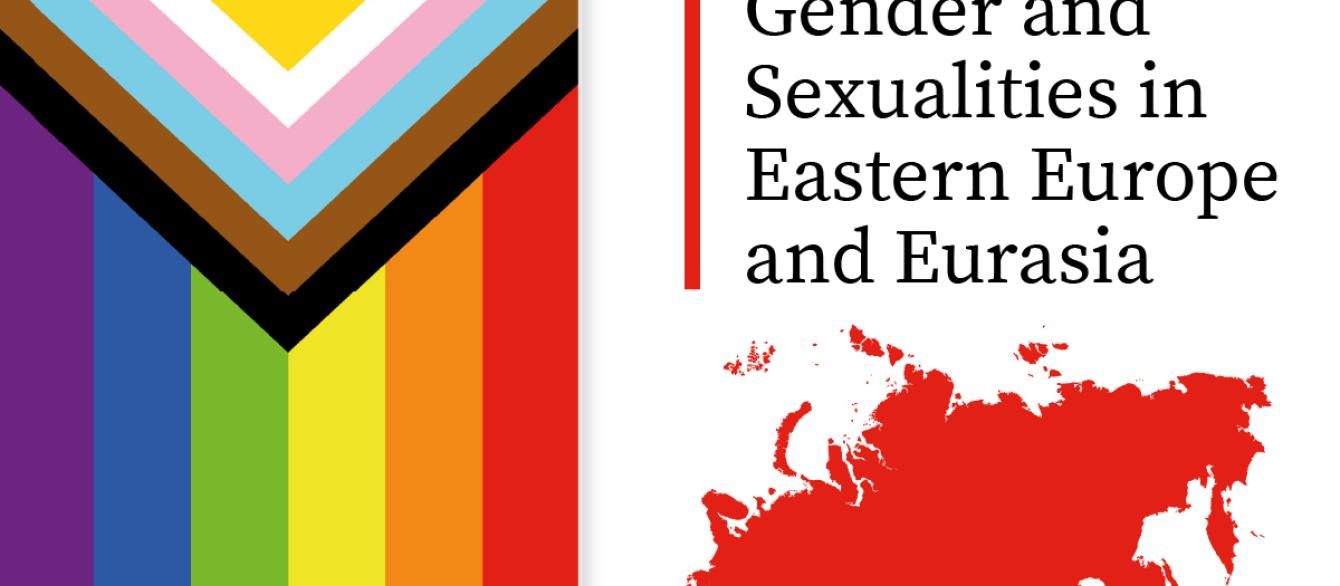Many efforts have been made over the past several years to diversify Eastern European and Eurasian studies. This new spotlight surfaces research that has been conducted by many scholars for much longer, highlighting their commitment to telling stories and honoring perspectives of diverse and minority communities. Their work reveals that while there is no unified queer experience in the region, there is often a one-size-fits all state response to the reality of queer lives in many nations within the region. How can a queer-studies focus advance conversations about decolonization in East European and Eurasian Studies? To address this question, Queer Focus will have six virtual panels featuring speakers from various disciplines and institutions. Panelists and participants will explore how gendered regimes were constitutive of Russo-centric relationships of power, defining the region and how we study it, as we collectively grapple with what it means to re-examine our current research, teaching, and institutional practices.
Panel 1 of the series will provide a state of the field of queer studies within Eurasia and Eastern Europe.
Sponsorship
This series was developed and implemented by the Center for Russian, East European, and Eurasian Studies at the University of Pittsburgh, the Davis Center for Russian and Eurasian Studies at Harvard University, and the Center for Slavic, East European and Eurasian Studies at the Ohio State University with support from the Association for Slavic, East European & Eurasian Studies. Additional financial support has been provided by:
Center for Russian, East European, and Eurasian Studies, University of Kansas
Center for Russian, East European, and Eurasian Studies, University of Michigan
Center for Slavic, Eurasian and East European Studies, UNC-Chapel Hill
Inner Asian and Uralic National Resource Center, Indiana University, Bloomington
Institute for European, Russian, and Eurasian Studies, The George Washington University
Institute of Slavic, East European, and Eurasian Studies, University of California, Berkeley
Melikian Center for Russian, Eurasian, and Eastern European Studies, Arizona State University
Robert F. Byrnes Russian and East European Institute, Indiana University, Bloomington
Accessibility
The Davis Center for Russian and Eurasian Studies at Harvard University encourages persons with disabilities to participate in its programs and activities. If you anticipate needing any type of accommodation or have questions about the physical access provided, please contact us at 617-495-4037 or daviscenter@fas.harvard.edu in advance of your participation or visit. Requests for Sign Language interpreters and/or CART providers should be made at least two weeks in advance if possible. Please note that the Davis Center will make every effort to secure services but that services are subject to availability.




